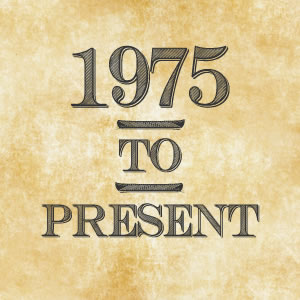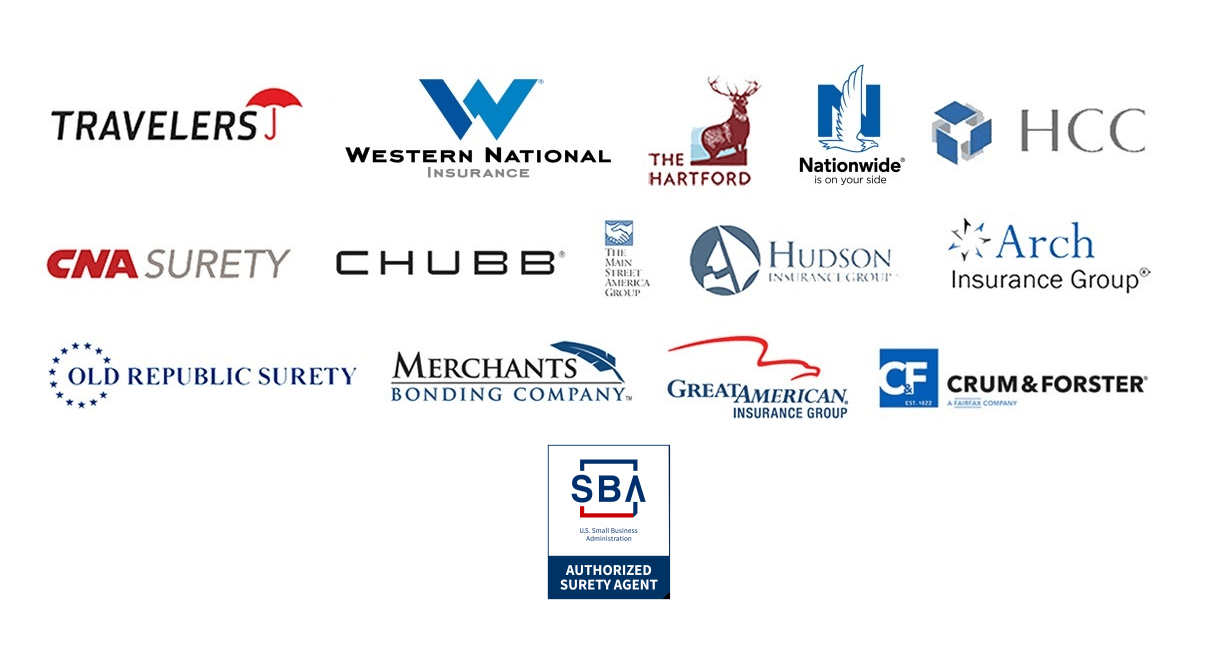Law firm clients appealing verdicts involving copyright or trademark infringement need to obtain an appeal or supersedeas bond. These bonds are required by courts from an appellant to delay payment of a judgment until the appeal is over. The bonds must cover the full cost of the pending judgment and related court costs, all of which can be quite substantial in copyright and trademark infringement cases.
Meeting collateral requirements. Supersedeas bonds have collateral requirements based on a percentage of the face amount of the bond, which can tie up an appellant’s funds for extended periods of time as the case proceeds to trial. However, in certain cases, these bonds may be obtained with lower collateral percentages or even no collateral at all, depending on the financial strength of the appellant.
At the end of an unsuccessful appeal, the surety company can pay judgment and court costs if the appellant is unable to do so. However, the appellant then must indemnify the surety for these costs. Thus, in underwriting the bond, sureties make sure the “guarantor” of the bond (typically, the defendant) has the financial wherewithal to pay the judgment if it fails to win the appeal.
Larger companies with adequate liquid assets – such as treasury bonds, other marketable securities and cash as reserve capital – may be able to obtain supersedeas bonds with little or no collateral. However, smaller companies and individuals lacking liquidity will likely be required to provide the full collateral.
Choosing the right surety. Even for large, financially secure companies, supersedeas bonds can involve a time-consuming and onerous process when not procured through a professional bond firm that understands their timely nature and has ongoing relationships with highly rated surety carriers acceptable to the court.
Copyright and trademark infringement cases generally are adjudicated in the federal circuit court in Washington, DC; civil lawsuits can be adjudicated in the federal circuit or superior court systems. Courts in most jurisdictions require surety carriers providing such bonds to be on the U.S. Treasury Department’s listing of approved sureties; however, not all sureties are so qualified.
It can be disruptive to a court proceeding if an attorney helps a client through the bonding process only to see the court reject the bond and threaten a bench order to enforce an execution of judgment for the plaintiff because the time period for presenting a proper bond has been exhausted.
That’s where working with an experienced firm, such as Unique Surety, can make a difference. We assess a case’s needs quickly, choose the right surety carrier, get a competitive price, and negotiate the most favorable collateral, if any, required for the surety to quickly approve the case. That enables Unique Surety, which has the surety carrier’s power of attorney, to arrange for the law firm to wire the premium so the surety can provide approval for Unique Surety to issue the supersedeas bond quickly – including by overnight delivery or courier service anywhere in the U.S. as necessary – and the court can receive it in a timely manner.
For expert and timely assistance in the procurement of supersedeas bonds, contact Unique Surety.

We've been underwriting for 40 years working with only the most reputable surety carriers nationwide.

We can get you the answers you need in a matter of minutes.

We offer sound business advice to help you build your bonded business.

